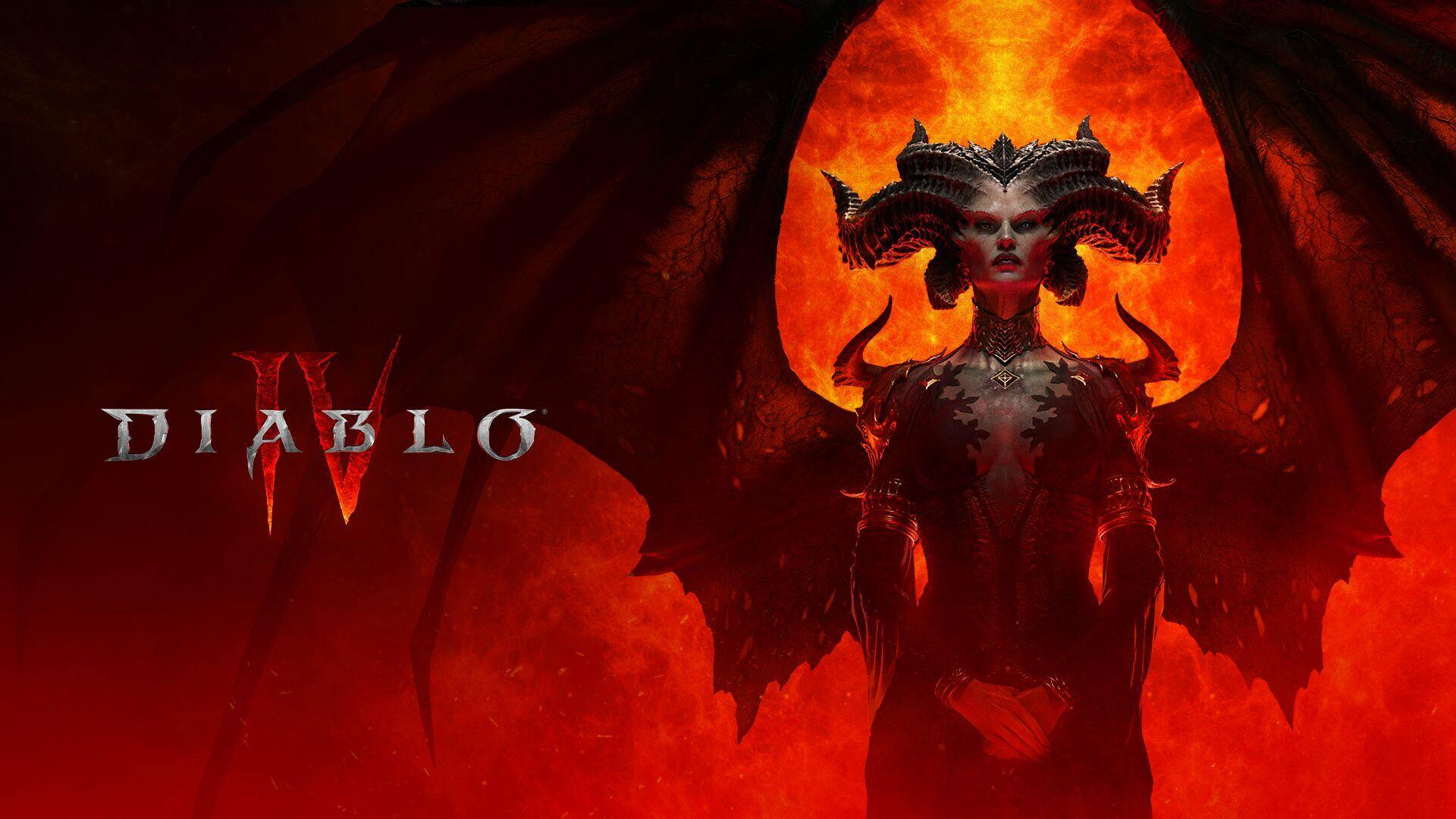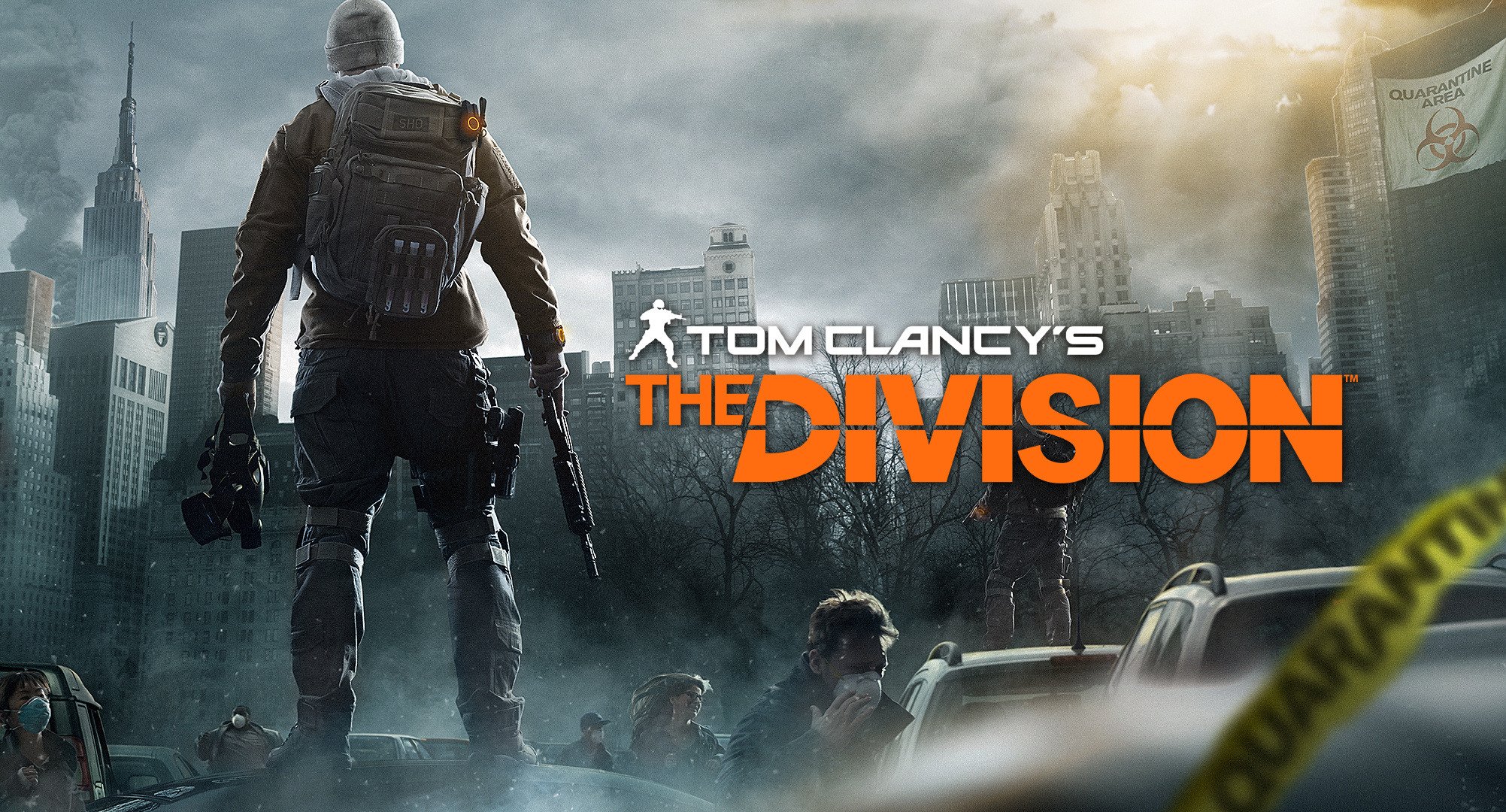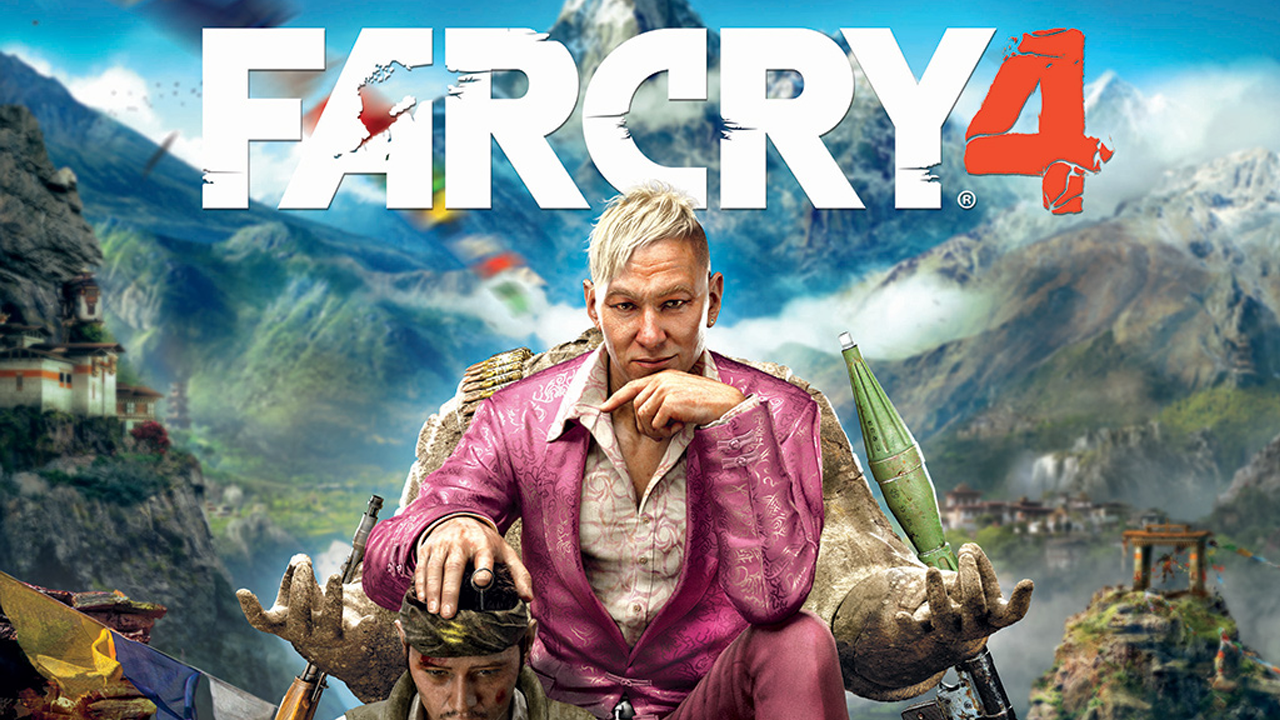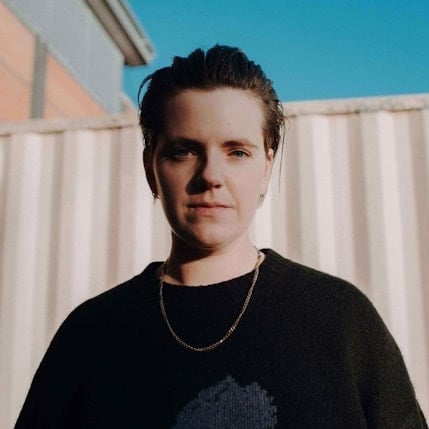BECOME A TECHNICAL ARTIST
TUESDAYS & THURSDAYS
5 PM PST / 8 PM EST
ON TECHNICAL ART
15 OCT 2024 - 10 DEC 2024
DURATION:
8 WEEKS
TUESDAYS & THURSDAYS
5 PM PST / 8 PM EST
Master 3D game engines. Build a portfolio-ready project. Break into the gaming world.
Whether you're a beginner or looking to enhance your skills, gain a solid foundation in technical art with practical insights from Ruben Henares, who boasts 20+ years in computer graphics.
THIS COURSE IS FOR YOU, IF...
-
YOU WANT TO BREAK INTO THE GAME INDUSTRY
Learn the essential skills to bridge the gap between art and programming, a highly sought-after role that's constantly evolving. No prior experience is needed, just a basic familiarity with 3D game engines.
-
YOU WANT TO EXPAND YOUR SKILLS AS A MID-LEVEL TECH ARTIST
Want to enhance your game or team? Grow your talent in scripting, prototyping, shaders, or VFX with practical experience to advance your career. Elevate problem-solving, attention to detail, and expand your creative mindset.
-
YOU WORK ON GAMES AND WANT TO TRANSITION TO A TECH ART ROLE
If you have some technical art skills but seek a deeper understanding of the game development pipeline, this course will guide you through demos, examples, and visual breakdowns.
Combine creativity & tech expertise to earn over $100K a year.
Learn to automate tedious tasks using Python or Blueprints, master shaders to craft stunning visual effects, and optimize game performance for engaging player experiences.
Learn directly from the industry expert behind Diablo IV & Far Cry 4.
Our LIVE online course, led by a top instructor, not only equips you with essential hard & soft skills but also offers personal guidance, Q&A sessions, and opportunities for networking & recommendations.
You'll tackle seven diverse assignments, from writing scripts and tools to building interactive assets using Blueprints. Understand the difference between vertex & pixel shaders to create impressive effects.
Through 13 hands-on demos, 3 in-depth case studies, and interactive workshops, you'll learn to write procedural tools, design object-oriented applications, and solve complex problems using computational thinking.
You'll create a unique interactive puzzle game, focusing on your chosen technical art area, and compile a portfolio piece that showcases your work and decision-making process. Plus, you’ll gain valuable feedback from an industry expert.
- Technical Art Director, ex-Blizzard, Riot, Ubisoft, Apple
- Leverages over 20 years of expertise in computer graphics and real-time engines.
- Worked on cutting edge technology such as the Apple Vision Pro & released open source software and hardware projects.
- Built and led technical art teams working on world class IPs, developing long-term solutions in a co-development environment.
- Contributed to 5+ AAA titles shipped on multiple platforms, including major titles like Diablo IV, Tom Clancy’s: The Division, Far Cry 4, Ghost Recon: Future Soldier, Monkey Island: Special Edition.

Let the games begin! In this first class, we aim to set a foundation for your journey in the industry by exploring what technical art is, and its different specializations.
- Course overview
- What is Technical Art?
- Specializations within Technical Art
- The game development pipeline
In class 2, you will get hands-on with a workshop on using computational thinking to solve complex problems. Learn to effectively solve problems with decomposition, pattern recognition, abstraction, and algorithmic thinking.
- Decomposition
- Pattern recognition
- Abstraction
- Algorithmic thinking
- Demo: Designing a procedural building tool
Workshop #1: Use computational thinking to solve a complex problem.
Start using Python efficiently to solve problems. Dive into the essentials of programming by navigating variables, inputs & outputs, and get practical experience in writing a unit conversion script with your first assignment.
- Integrated Development Environment (IDE)
- Demo: Transforming a log file
- Variables
- Input & output
- Coding style
- Demo: Converting bytes to megabytes
Assignment #1: Write a unit conversion script.
Understand how to control the flow of execution using Python. Master core concepts of flow control by learning conditionals, loops, and functions.
- Conditionals
- Loops
- Functions
- Demo: Creating a script to generate asset paths
Assignment #2: Write a tool to generate texture names.
Delve further into the capabilities of Python by learning how to organize your code for reusability and how to use third-party libraries.
- Built-in packages
- Third-party packages
- Custom packages
- Demo: Automating the creation of folder structures
Assignment #3: Create a Python script that will batch rename files.
In class 6, we will introduce objective-oriented programming and its use throughout game programming. Discover how OOP principles can help manage intricate game systems.
- Intro to object-oriented programming
- OOP programming principles
- Functional programming principles
- Demo: Designing a class structure
Workshop #2: Design an object-oriented application.
Understanding how to use version control systems is crucial for effective teamwork on a project. Learn the ins and outs of Git, Git Desktop, Perforce, and P4V to optimize collaborations.
- Intro to version control
- Git and Git desktop
- Perforce and P4V
- Demo: Setting up and using Perforce
In class 8, we will teach you how to add logic and interactivity to assets. Dive into variables and data types, conditionals and loops, components, and more.
- Intro to blueprints
- Variables & data types
- Conditionals and loops
- Components
- Functions, macros, and events
- Demo: Creating a three-light setup
Assignment #4: Create an interactive asset using blueprints.
Examine how game engines render pixels to the screen, from shaders to rendering techniques, and even get a sneak peek into rendering in UE.
- Render pipeline overview
- Transform spaces
- Shaders
- Rendering techniques
- Intro to rendering in UE
Explore how to manipulate vertices using shaders to create dynamic effects. This is just the beginning of creating breathtaking visual experiences.
- Vertex shader basics
- Transformations
- Noise
- Textures and UVs
- Vertex colors
- Demo: Mesh deformation effects
- Case Study: Elden Ring
Assignment #5: Create a mesh deformation effect using a vertex shader.
Get an inside look at the game with a fascinating case study and a special guest speaker. Take shader effects to the next level by modifying pixels.
- Pixel shader basics
- Textures and UVs
- Basic math functions
- Demo: Creating a dissolve effect shader
- Case Study: Legend of Zelda: Tears of the Kingdom
Guest Speaker: Graphics Tech Artist
Assignment #6: Create a dissolve effect using a pixel shader.
Bring together your newly developed skills in blueprints and shaders to create a unique interactive asset, and get a demonstration on creating an interactive puzzle.
- Materials
- User input
- Cameras
- Case Study: Animal Well
- Demo: Creating an interactive puzzle.
Course Project Introduction: Create a unique interactive puzzle game.
Step into the vast and complex world of visual effects. In this class, we will introduce fundamental concepts and techniques for creating visual effects in Unreal Engine 5, with sprites, lights, timing, and payloads.
- Intro to Niagara
- Sprites
- Lights
- Timing
- Payloads
Guest Speaker: VFX Artist
Learn to design systems that can scale to create content efficiently and get a practical demonstration of building a procedural asset and its applications.
- Overview of procedural content creation in UE
- Blueprints, geometry scripting, and PCG
- Static vs real-time generation
- Demo: Building a procedural asset
Workshop #3: Discuss how you would create a given procedural asset.
Discover how to streamline tasks in Unreal Engine 5 by creating specialized tools. Explore editor utility Blueprints, editor utility widgets, and Python scripting to unlock custom workflows and automation.
- Editor utility blueprints
- Editor utility widgets
- Python scripting in UE5
- Demo: Creating custom tools in UE5
In our final class, we will focus on cultivating a stellar portfolio and applying your skills to the interview process. A successful career awaits you!
- Career trajectory and growth opportunities
- Building a strong portfolio
- Interview preparation and techniques
- Continued learning and skill development
- Tips on presenting a product to a customer



What our students say



"The group activities, they allow us to interact and exchange ideas, plus the way it is structured is challenging and mind twisting as we collaborate in different parts of the ideation."

"Overall I'm impressed with the level of detail and explanation around particular topics and subjects. There's a real depth to each module which for learning allows the information to stay in your brain."

"I really enjoy the format of the course. Lectures with real life examples and an ongoing case study. Also built in 20 minutes at the end of each class for questions is helpful."

"I enjoyed the structure of the class. I like how we learned about a topic and practiced it in the workshops. It’s helped me to apply what I learned!"


